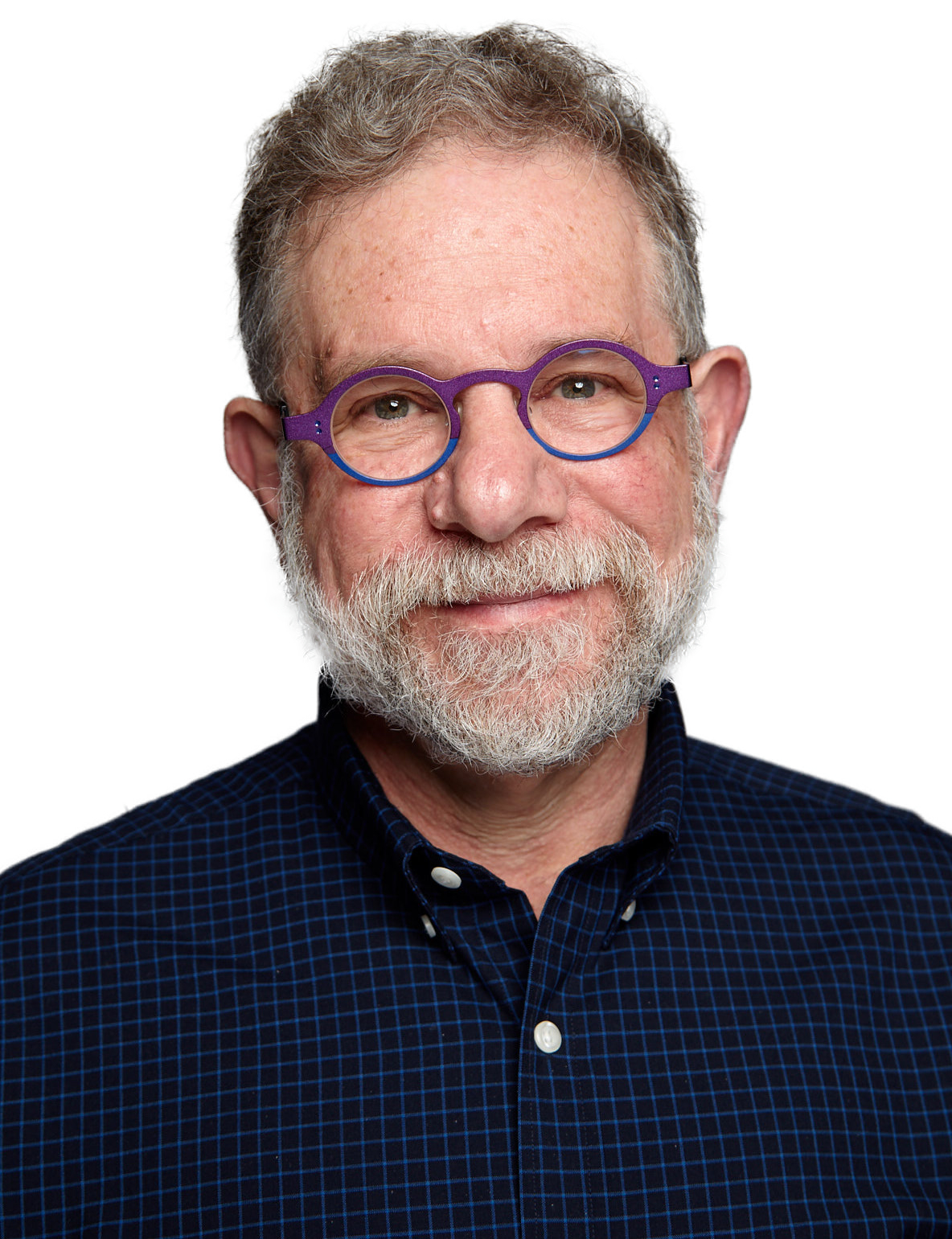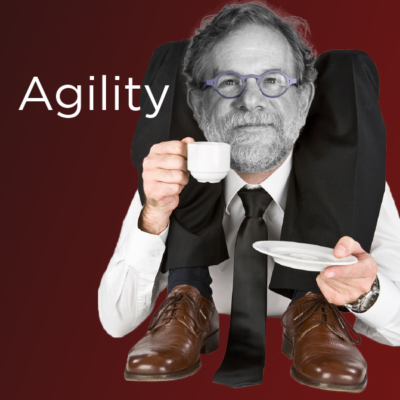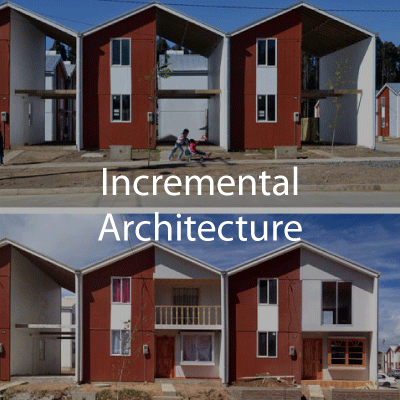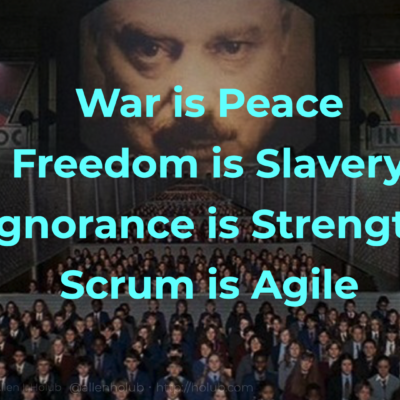From Stories to Code: Creating software that people actually want! (Jan 25-27)
$1,599.00
3 half-day remote hands-on workshop.
Jan 25–27, 2023
In this practical workshop for both product managers and developers, you’ll learn how to capture, refine, split, and manage user stories, and how collaborate to turn those stories into working code. Story is not a code word for “developer task.” They are a bridge that connects customers, product, and development. Learn what they really are and how to use them to create software your customers love!
No classes scheduled (sign up to be notified).
User-story focused design and construction is the best way to create systems that are laser focused on providing a steady stream value to our customers. The notion of a user story is poorly understood, however. Story is not a code word for some random bit of work. It’s not anything that follows that As-a…I-need template. It is not a Jira ticket. It’s a description of our customer/user’s work and the value that work provides to them. Stories are captured from conversations, not written by one of us. They start as a few sentences, with details filled in just before we implement. Given that stories constantly change as we learn, managing and organizing them is also a challenge, not done well by most organizations. For example, stories as captured are often much too large to implement in the 1-to-2-day window typical of an Agile inspect-and-adapt cycle, and the captured story often contains hidden low-value work we don’t want to do at all.
I want to emphasize that this class is not a programming class, though there is a technical component towards the end. (That said, teams that don’t understand stories have a hard time producting valuable work.) Stories are a bridge between product and development, and we focus on that bridge. Product Managers and developers can both immediately apply what they learn to their work, and they can use the things they learn in this class to communicate more effectively. In fact, the technical component towards the end is a great way for product and development people to learn to collaborate during development. In this practical, hands on workshop, you’ll learn:
- how product folks and developers work together to get value into our customer’s hands.
- what stories really are (hint, the are not tasks).
- how to develop effective stories that insure we deliver a steady
stream of maximum value to our customers as soon as possible. - the three C’s: Collaboration, Communication, Cards.
- the INVEST principles and how to apply them.
- how to gather, refine, and manage stories using story maps, backlog management, estimation (and #NoEstimates)
- how to manage the work that isn’t stories: overhead and non-functional requirments.
- how to narrow scope or “split” stories (make them smaller) while retaining value so that you can implement in a couple days max.
- (time permitting) how to design domain-focused APIs and interfaces around your stories using Design by Coding.
- (time permitting) how use Mob/Ensemble ways of working.
In all, you’ll learn to build and manage effective user stories that amplify your ability to quickly deliver capabilities your customer/users find most valuable. Doing that is the core of agility, and makes for both much happier customers and an improved bottom line.
Details
Hands-on workshop. Jan 25-27 2023, 8AM-12PM US-Pacific time (San Francisco/Los Angeles).
Time converter at worldtimebuddy.com
We may go overtime. Class is taught in English. You must enable your video during class, and please use a headset or a good-quality microphone. We will contact you a few days prior to the first day of class with additional details about connection, software, etc. Classes are taught using a mixture of Zoom.com and Spatial.chat, we use Mural.co for shared whiteboards, and VSCode for programming exercises (I'll set up a shared repo for that). We will email additional details to you a few days before class.
We are happy to present this class in-house as full-day sessions. We can adjust the number of days, but shorter classes will have less hands-on work. Please contact Allen (allen@holub.com) for pricing and other details.
Your Instructor
Allen Holub
 (https://holub.com,
@allenholub,
allen@holub.com)
is an internationally recognized software architect
and consultant/trainer focusing on organizational agility. He speaks all over the planet
on these topics and agile-friendly implementation technology
like microservices and incremental/evolutionary architecture,
but his bread and butter is helping you create or improve
highly functional Lean/Agile organizations, and helping you
design and build software architectures suitable for agile
environments.
He provides both in-house training and consulting services.
Allen started his career as a hardware engineer,
but after being pressed into writing a compiler and
real-time operating system for the robot his team was building,
ended up a developer.
He's helped with many commercial applications, web based and
otherwise, and has served twice as a CTO for early-stage startups.
(https://holub.com,
@allenholub,
allen@holub.com)
is an internationally recognized software architect
and consultant/trainer focusing on organizational agility. He speaks all over the planet
on these topics and agile-friendly implementation technology
like microservices and incremental/evolutionary architecture,
but his bread and butter is helping you create or improve
highly functional Lean/Agile organizations, and helping you
design and build software architectures suitable for agile
environments.
He provides both in-house training and consulting services.
Allen started his career as a hardware engineer,
but after being pressed into writing a compiler and
real-time operating system for the robot his team was building,
ended up a developer.
He's helped with many commercial applications, web based and
otherwise, and has served twice as a CTO for early-stage startups.
Allen is widely published (10 books, many hundreds of articles both in print and online) and was a Contributing Editor at both Dr. Dobb's Journal and JavaWorld. His many video classes have been published by Pluralsight (Swift in Depth, Picturing Architecture, Object-Oriented Design), LinkedIn Learning (Architecture Fundamentals, and Domain-Driven Design), and O’Reilly (Design Patterns in the Real World). Allen taught for the University of California, Berkeley, Extension for many years, and is the current Chan-Norris Distinguished Professor of Computer Science at Mills College.
If you'd like to bring Allen in house for keynotes, consulting, or training work, set up a chat to discuss your needs.



